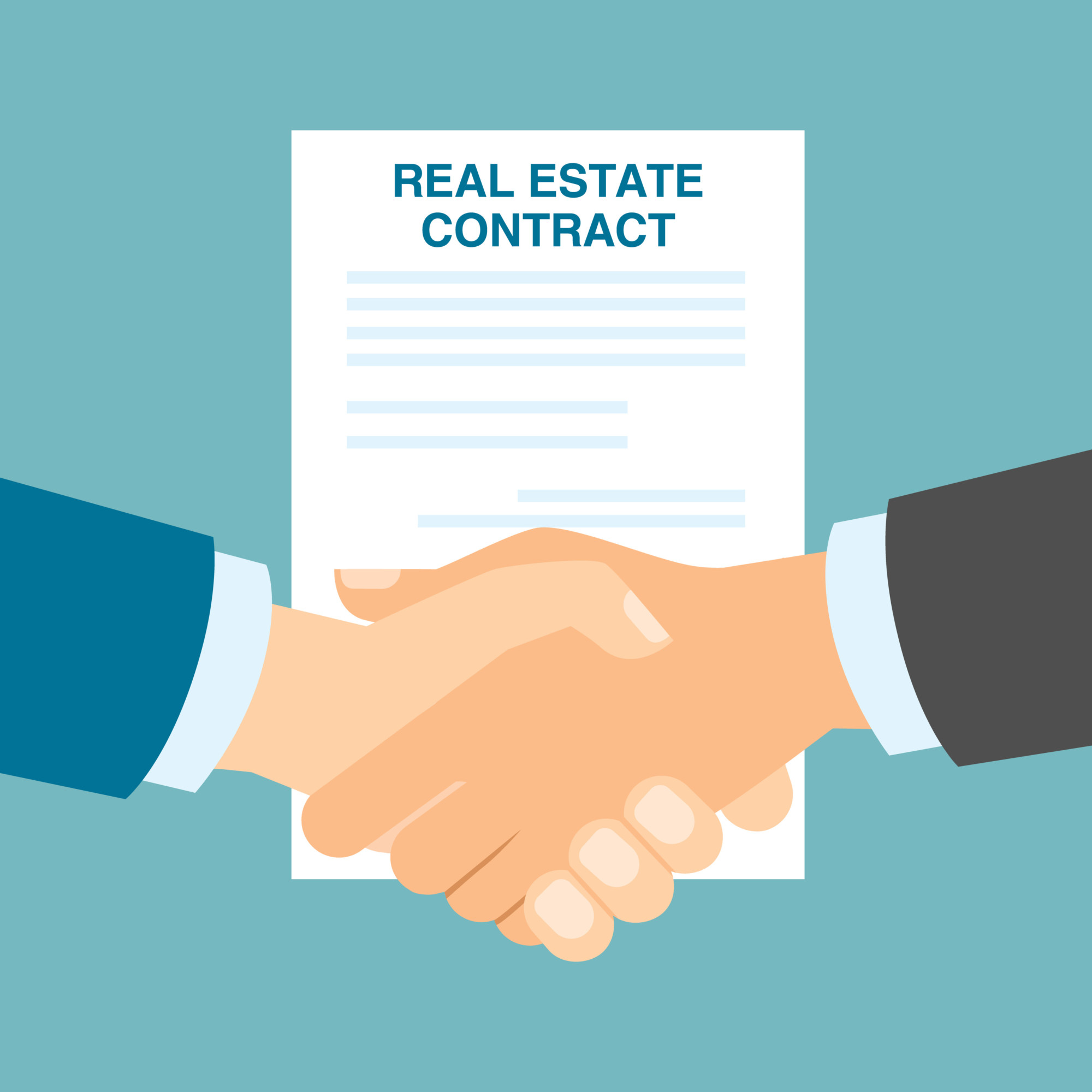Table of Contents Show
You’ll no doubt hear the word “escrow” many times during your home-buying transaction. It can get confusing, especially for first-time buyers, as the word describes different things. An impartial third party generally holds your money until the deal is completed. It provides a safeguard against any foul play by either side.
The purpose of escrowThe purpose of escrow
At its simplest, escrow deposits funds held by a third party and released upon completing a particular condition or event. Whether you’re a buyer, seller, lender, or borrower, you’ll want the assurance that no funds or property will change hands until all of the conditions in a transaction are complete.
The escrow holder must safeguard those funds and disburse them once all the escrow provisions are met. As the closing day arrives, there are a few different ways that escrow comes into play. Below are the four most common.
The depositThe deposit
When you sign a purchase contract, one requirement is to put down a certain amount of your down payment in escrow. Usually, 10% is made to show this is a serious offer and good faith. It is held until closing, when you’ll then owe whatever amount of the down payment remains. Think of it as a portion of your down payment that you’re parting with earlier than the rest.
Straightforward unless you’re buying a non-contingent contract. In this case, you’ve agreed to a deal outright that is not contingent on certain conditions like approval for a mortgage. You could lose your escrow payment if the deal falls through on a non-contingency contract.
Maintenance charges in a co-opMaintenance charges in a co-op
If you’re buying a co-op, you’re probably aware you’ll need a certain amount of post-closing liquidity upfront. It puts the co-op board at ease as it shows you have enough cash in the bank to cover mortgage and maintenance payments up to a specific time, for instance, one year’s worth. But some co-op boards go a step further and ask that you put some months’ worth of maintenance charges in escrow.
They are often done as a financial safeguard if the board feels a bit uncertain about a buyer’s finances. For example, a buyer who is a contract or freelance worker without regular paychecks. How many months’ worth they ask of you depends on each case.
When repairs are neededWhen repairs are needed
In this case, the seller must put the money down. You’ll typically see this happen when a problem is found during the walk-through or home inspection. For instance, a pest problem is found, or an appliance doesn’t work. If the buyer feels uncomfortable about this, they can ask for an escrow payment. That way, the buyer has an insurance policy. If the seller makes the repairs, the escrow deposit is returned to them. If they fail to do so, the buyer gets the deposit, which can fix the problem.
With your mortgage lenderWith your mortgage lender
It’s pretty common for mortgage lenders, before granting a loan, to ask that you pay several months of taxes and insurance costs. This is security if you can’t make your mortgage payments for whatever reason. It could be anything from 2 to six months or sometimes more, held in escrow.
Buyers are rarely happy about this, so it’s good to know that this can usually be negotiated. Depending on your bank, you may be able to get this waivered if you can; then, there will sometimes be a small fee. Unsurprisingly, to get this deposit waivered, you’ll need good credit.

